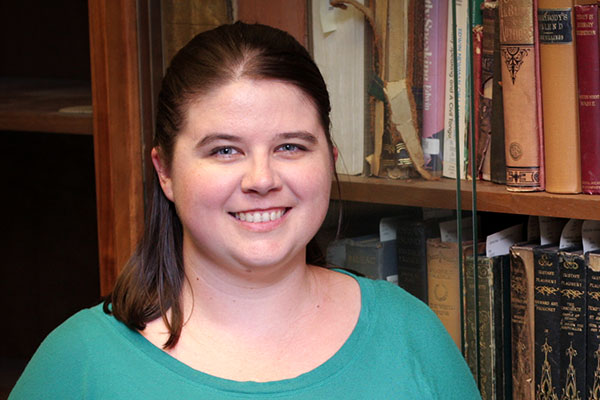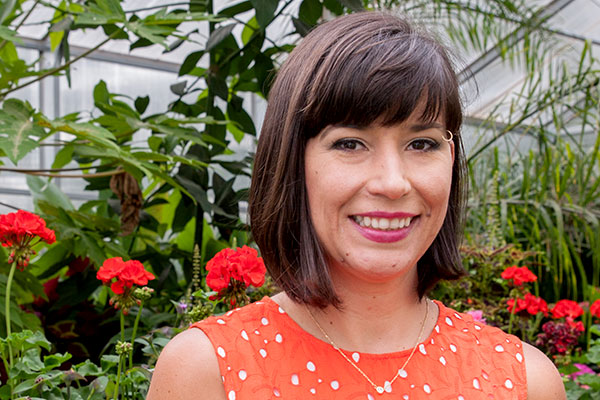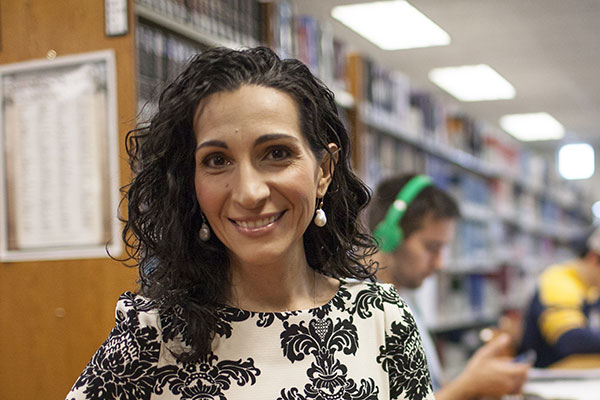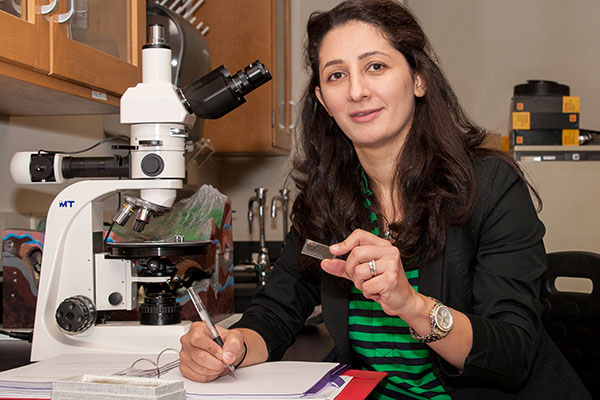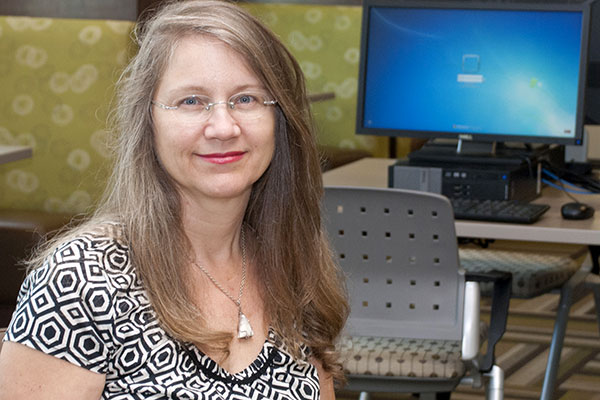David Patterson
One grant from the National Geographic Society and four grants from the University of North Georgia (UNG), including two Center for Undergraduate Research and Creative Activities grants and two Presidential Incentive Awards, are just a few of the monetary awards Dr. David Patterson has garnered.
The associate professor of biology at the University of North Georgia (UNG) also has conducted a seven-week expedition across Kenya, organized and managed a handful of fossil excavations in Brunswick, Georgia, and cofounded the Study of Community and Landscape Evolution (SCALE) lab at UNG. But nothing compares to his love of fieldwork.
"I love being in the field, especially in challenging situations," Patterson said. "Paleontology has allowed me to live in Africa and other foreign places excavating and analyzing fossils."
He shares that passion with his students. Patterson learned that trait from his mentor, Dr. Al Mead, while earning his bachelor's and master's degrees at Georgia College and State University in Milledgeville, Georgia. He also has master's and doctoral degrees from George Washington University in Washington, D.C.
"I first started working on fossils as an undergraduate and got hooked," he said. "The paleontological record allows you to do fieldwork and address many important ecological and evolutionary questions that are impossible by only looking at modern ecosystems."
Now, Patterson researches the ancient ecosystems of coastal Georgia and encourages his students and colleagues from different departments and universities to join him.
"This is an integrative project that includes lots of people with different specialties," he said. "I try to create connections among different groups of students and faculty."
Patterson also is involved in endeavors outside of the classroom and research realm. In 2020, he connected with Julie Knight-Brown, school nutrition director of Lumpkin County Schools, to offer fresh produce grown at UNG's Historic Vickery House to area schoolchildren.
Patterson doesn't see his actions as leadership, but he cultivates that characteristic through his actions.
"I think being empathetic to the perspective of students and faculty is really important," he said. "If you can try to understand it, it makes arriving at a common solution much easier."
